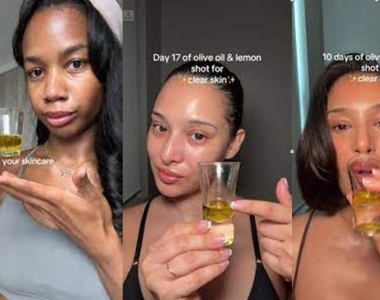
Despite the fact that vaccines against Covid-19 are spreading more and more in different countries, the World Health Organization warns that the immunity of the herd will not be achieved this year.
Herd immunity is a form of indirect protection against infectious disease that occurs when a sufficient percentage of a population is immune to an infection, either through vaccination or previous infections, thus reducing the likelihood of infection for individuals who do not have immunity. The percentage of the immune population varies depending on the infection.
WHO chief scientist Soumya Swaminathan warned that it would take time to produce and administer sufficient doses of vaccines to stop the spread of the virus.
"We will not achieve any level of population immunity or herd immunity in 2021," she told a virtual press conference from the WHO headquarters in Geneva, stressing the need to continue measures such as physical distancing, washing and hands and wearing masks to curb the pandemic.
She praised the "incredible progress" made by scientists, who managed to create not one, but several safe and effective vaccines against a new virus within a year. But, Swaminathan stressed, the spread "takes time."
"It takes time to scale up the production of doses, not just in the millions, but here we are talking in the billions," she noted, urging people to "be a little patient."
It will be necessary to continue taking public health measures aimed at stopping broadcasting for "at least the rest of this year".

- Prime Minister Rama and the Chief of Infectious Diseases, Najada Çomo, are the first to be vaccinated
- What do studies show about the link between physical education in universities and the spread of Covid-19
- Yes, you can get Covid again after the vaccine and here is why
- The study shows that two arthritis medications can help patients with severely ill Covid
- Europe is experiencing Covid peak, says WHO: 'The situation is alarming'
Burimet: Associated Press, Guardian





